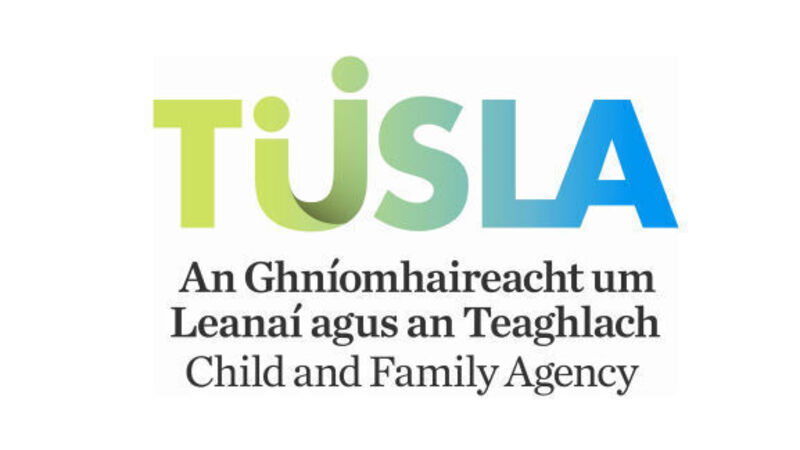Tusla boss defends returning home previously at-risk children

Chief executive of Tusla, Fred McBride, was commenting on an audit, by Prof Geoffrey Shannon, of children removed from their homes under section 12 of the Child Care Act, 1991.
The report details 91 cases where gardaí used section 12 to remove a child, believing there was an immediate and serious risk to his/her health or welfare.













